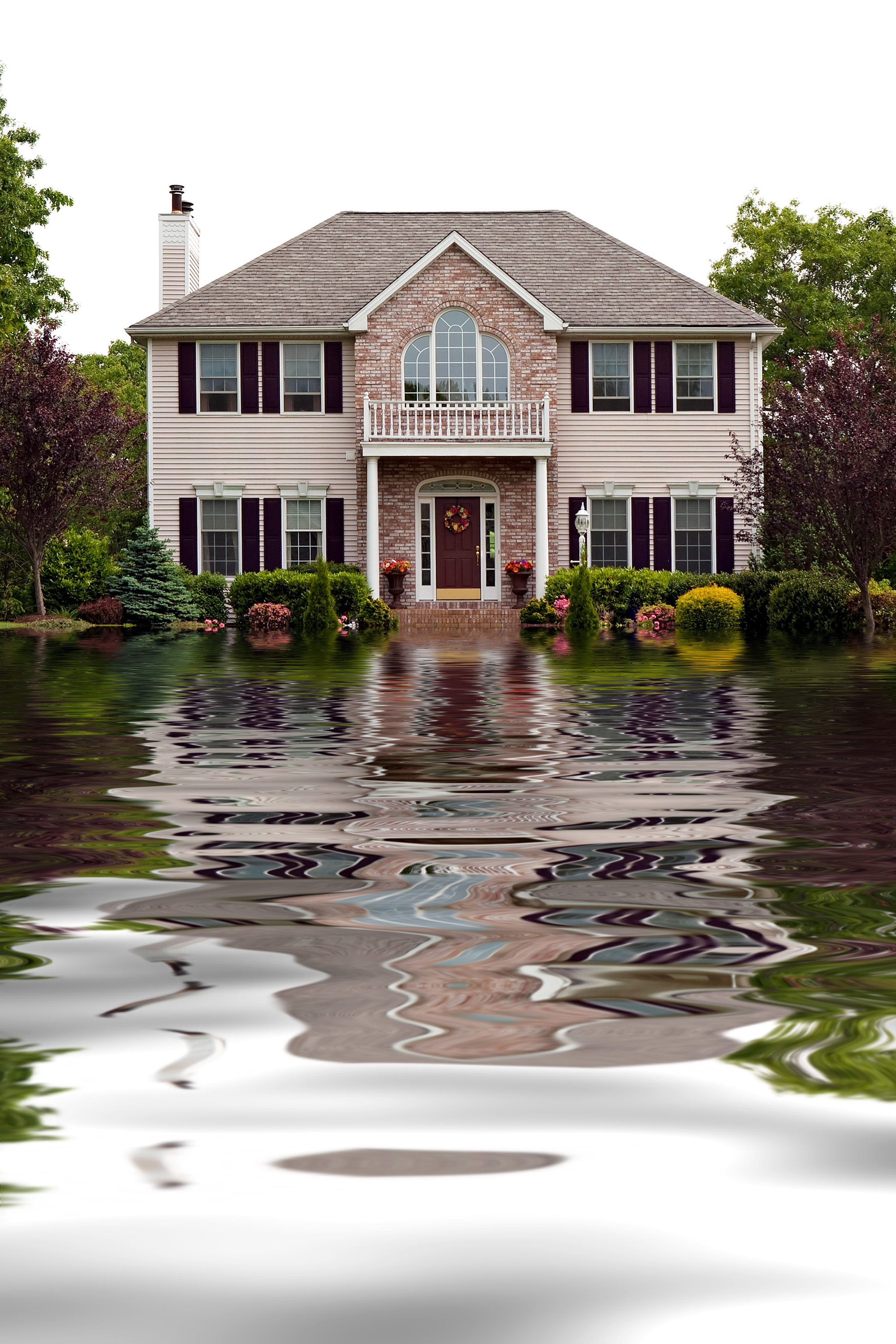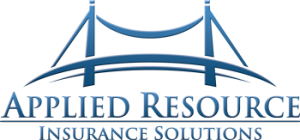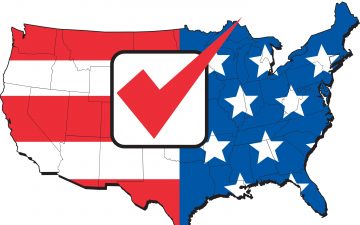
Too Often, Small Businesses Learn Insurance Lessons After Disaster Strikes
Business Insurances are extremely important, especially living in areas such as Southern California where flooding, earthquake, and fire are real dangers. Contact us today to learn more about your business insurances.
An excerpt from insurancejournal.com, written by Joyce Rosenberg:
Small companies frequently either don’t buy insurance at all or don’t have enough to cover their losses when disasters like hurricanes, tornadoes and power outages strike.
Many owners who do buy insurance opt for a standard business policy that covers fire, rain, wind and vandalism. These policies may also include business interruption insurance, which covers lost income when a company cannot operate. But they don’t cover damage from floods or earthquakes, which can be serious threats in many parts of the country.
“Most (owners) are buying it as if it’s a commodity product instead of understanding it needs to be customized to their particular situation,” says Robert Borghese, who teaches law and entrepreneurship at the Wharton School of the University of Pennsylvania.
Many rely too much on insurance brokers who may not have a thorough understanding of the coverage they’re selling, Borghese says. Brokers may not know what a particular company’s needs are.
Owners may also trying to keep their costs down, and don’t think about the “what ifs,” says Belen Tokarski, a senior vice president at Insureon, an online insurance broker aimed at small businesses. It can cost thousands of dollars to insure a building and its contents in moderate-to-high risk areas.
“They’re price-focused, so they’re purchasing just what they think they need,” she says.
Walter Coker considered buying flood insurance for his property that included a barn filled with furniture imported from Indonesia and a bait shop. But his broker said the cost of insuring the barn, located on the Matanzas River in St. Augustine, Florida, would be more than Coker could afford. The building is old and in disrepair.
“He didn’t give me any numbers, but said it would be exorbitant to try to insure a barn like that,” Coker says.
When Hurricane Matthew hit, the barn and bait shop had four feet of water from the river. Coker’s furniture inventory was heavily damaged. He was able to sell it at a discount and recover the price he paid, but estimates he had $6,000 to $7,000 in losses.
Coker knows he was gambling, but given the cost of insurance, says he’s comfortable doing so. But for some owners, denial is a factor.
“Their eyes glaze over. They’re busy running the day-to-day operations. They don’t want to think about something bad happening,” says Brian Van Hook, associate director at the Small Business Development Center at Florida International University.
Van Hook recommends resources like checklists posted by the trade group Insurance Information Institute on its website that help companies understand their risks. SBDCs like Van Hook’s are located around the country and can be found at www.sba.gov/sbdc .
Beyond natural disasters, if an owner is unable to work or dies, a company could be in danger.
Erin Jump Fry’s husband, Mike, became ill in 2010, but he didn’t have disability or life insurance. Their business, Fancy Fortune Cookies, didn’t have a life insurance policy for him that would have helped it deal with the financial fallout of the loss of its co-owner. Without insurance money, Erin Fry couldn’t hire someone to help her run it while she also cared for her husband and daughter.
“You can’t hire a replacement because you’re having to pull money from the company to pay medical bills,” says Fry, whose company is based in Indianapolis.
Mike Fry passed away in November 2012, and several months later, his wife discovered that an employee was embezzling money. Business fraud insurance would have helped her recover that cash, she says. Her frustration is with attorneys and other advisers who didn’t talk to the Frys about insurance coverage, some varieties of which she didn’t even know existed.
Fancy Fortune Cookies has recovered, Fry says, and she now has more comprehensive insurance.
People who run businesses out of their homes may mistakenly think their homeowners policy will cover business losses, Tokarski says.
Elizabeth Crouch sells cupcake racks out of her home, and kept inventory in a building on the property. A fire in April destroyed the building and melted 1,500 racks, wiping out $5,000 in inventory that would have brought Crouch $37,000 in revenue. She discovered that the racks weren’t covered.
“I had liability insurance just in case someone got hurt,” says Crouch, who lives in Sheridan, Oregon. “Never did I ever think there was a chance of losing my inventory.”
Crouch is trying to be certain she won’t suffer similar losses again.
“Everything else in my business I’m re-examining to be sure I’m covered for anything,” she says.
Full article available here: http://www.insurancejournal.com/news/national/2016/11/28/433212.htm



